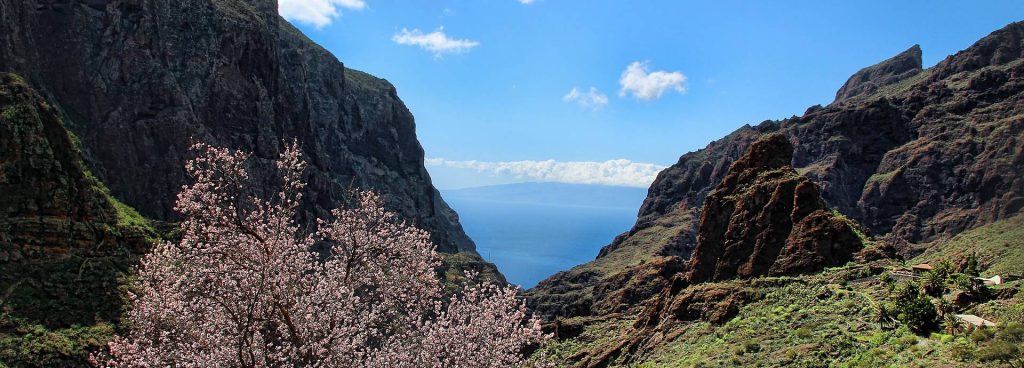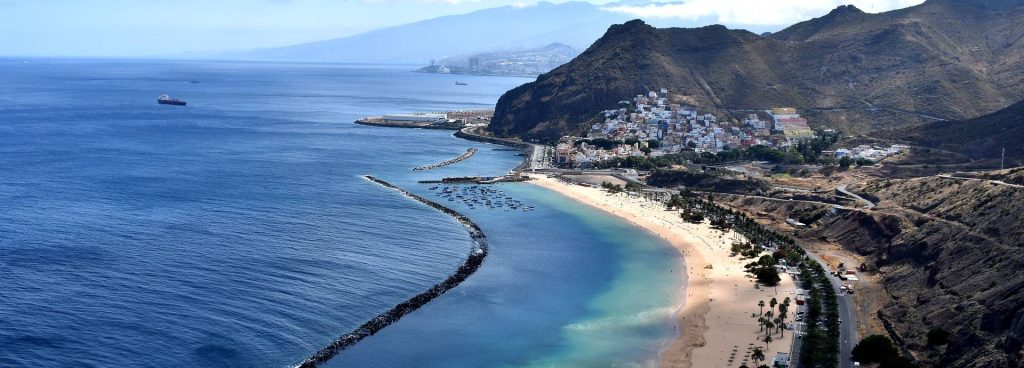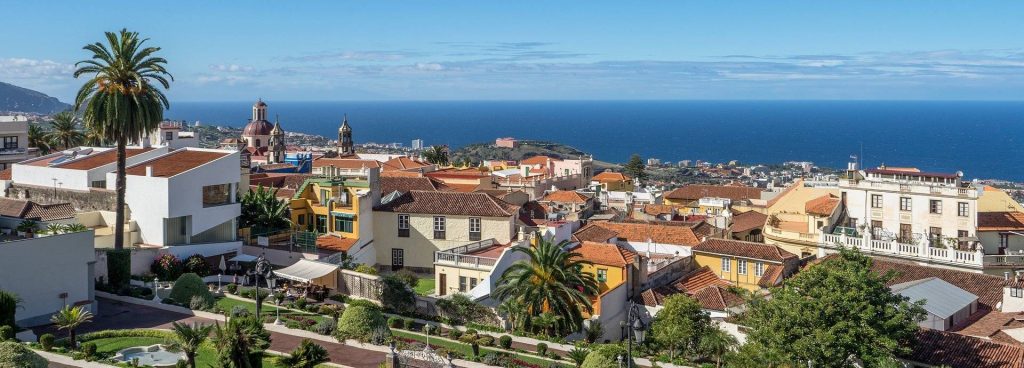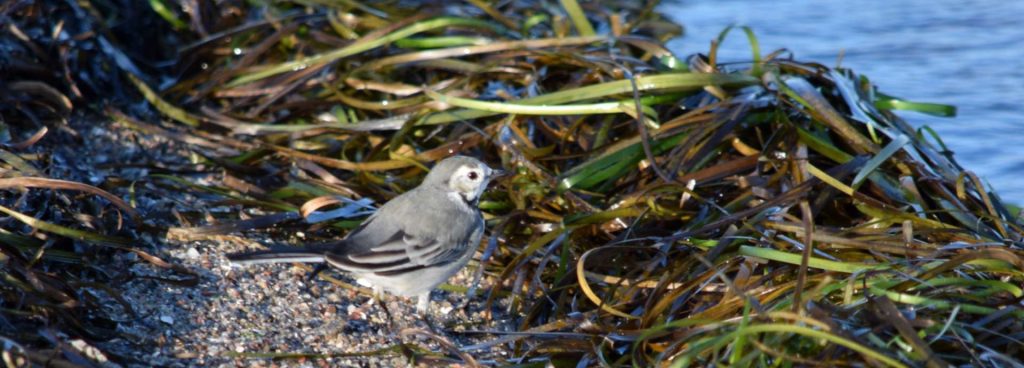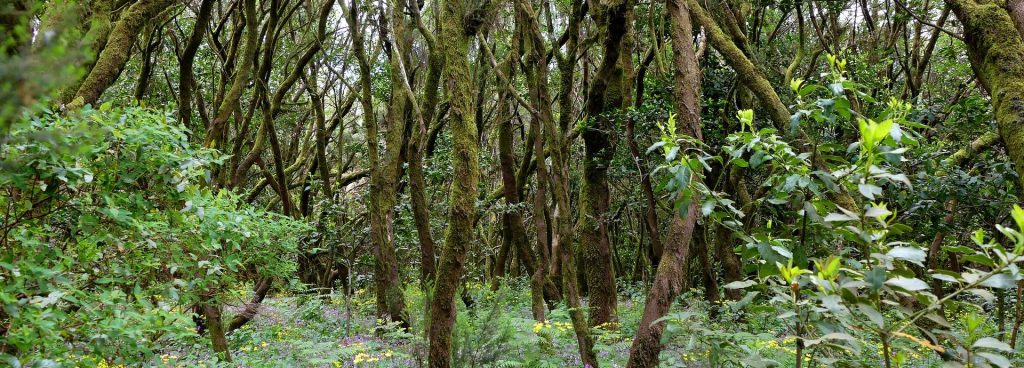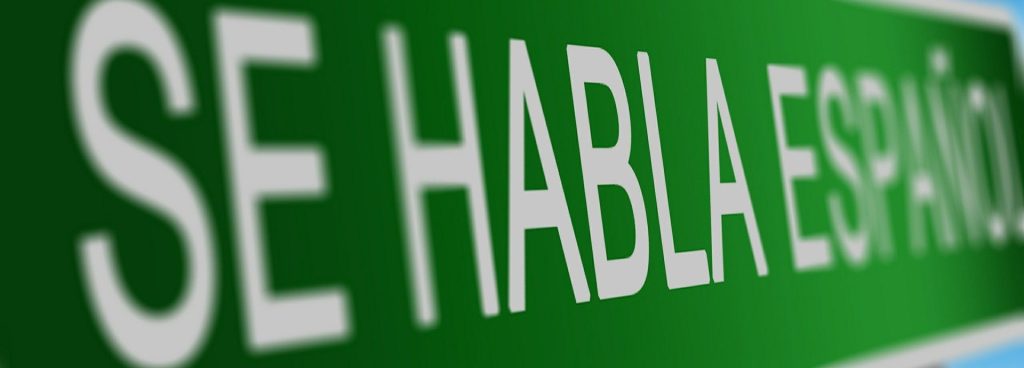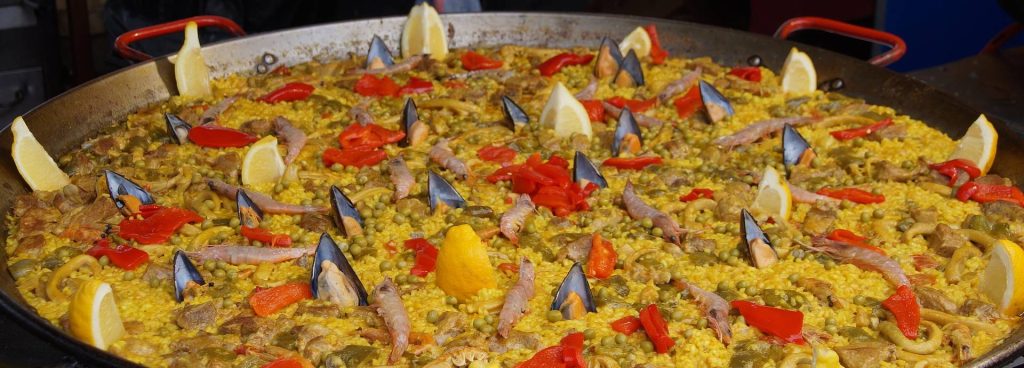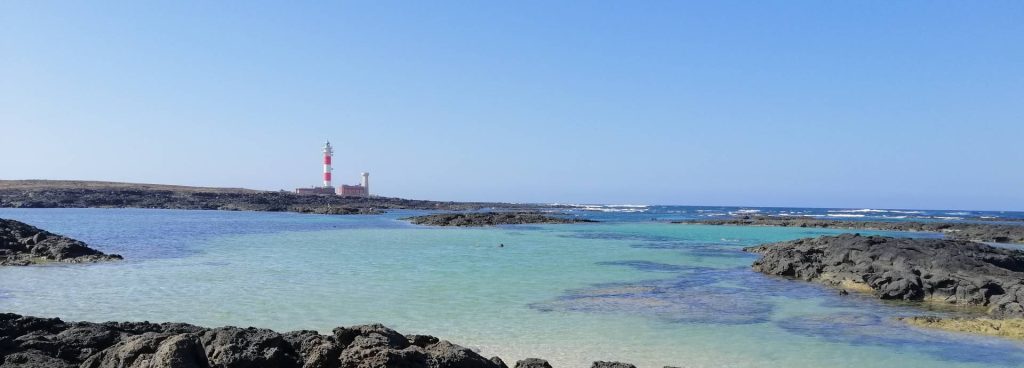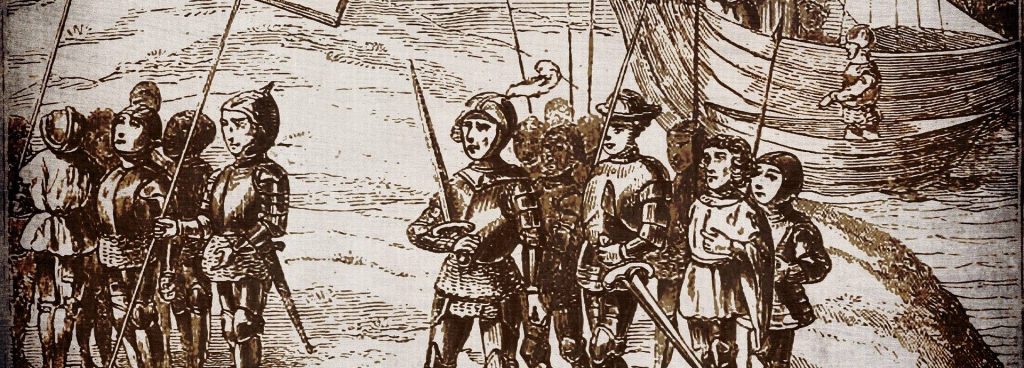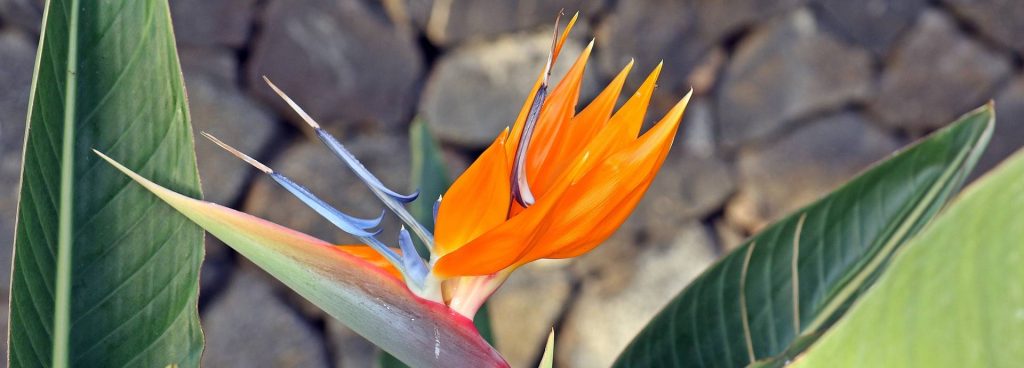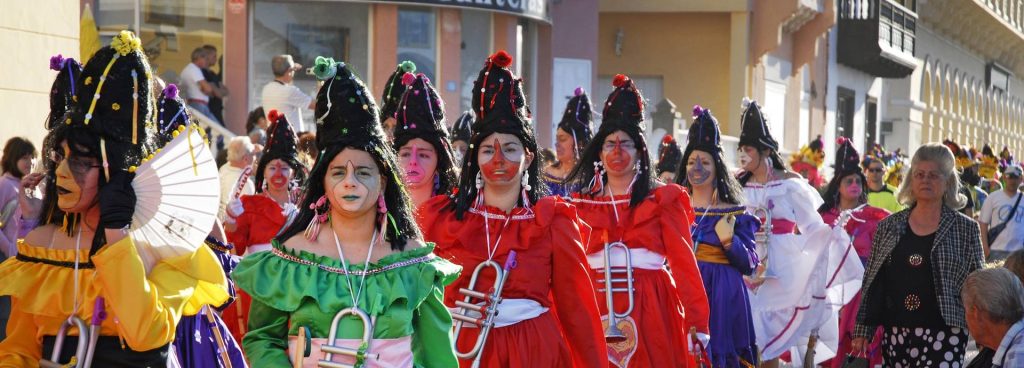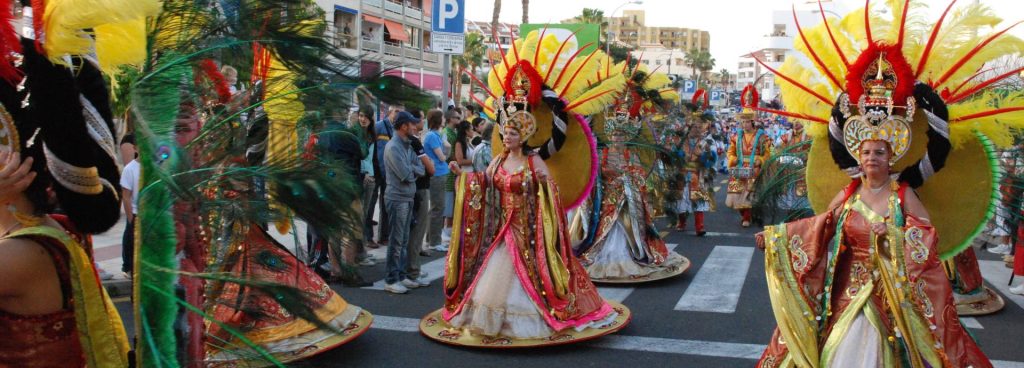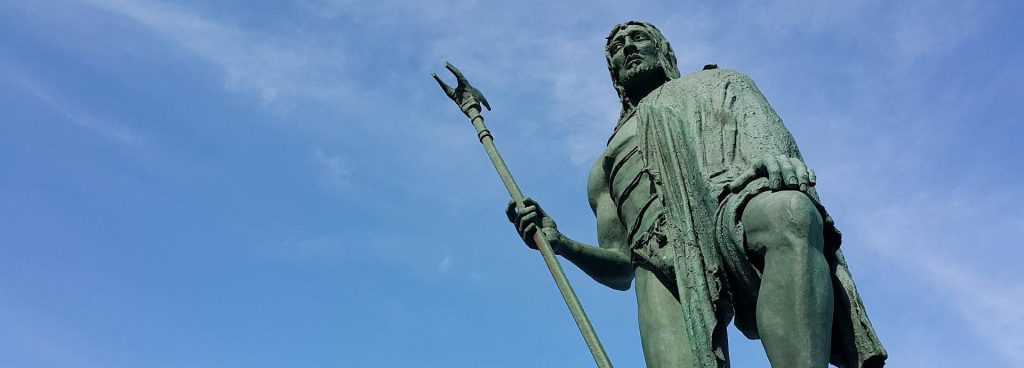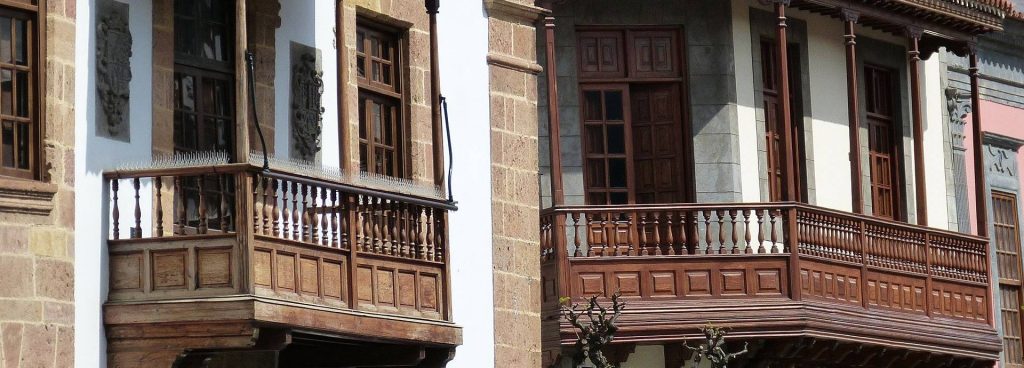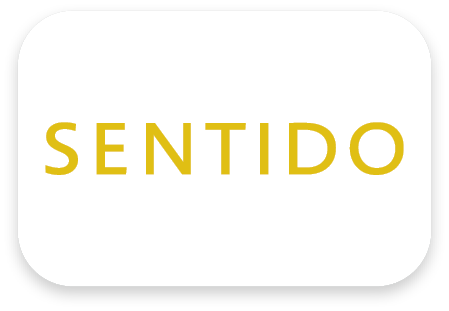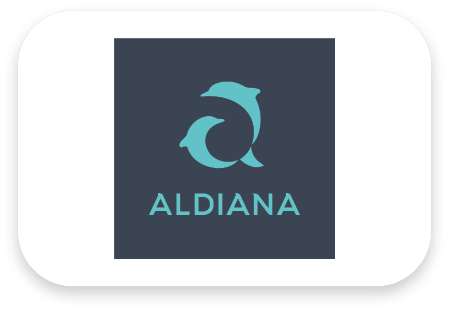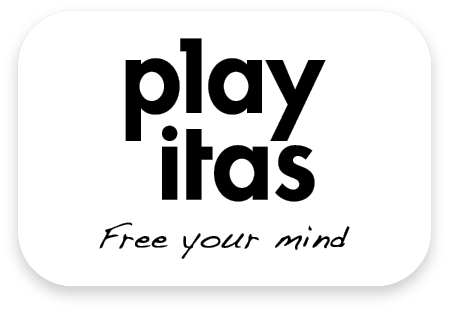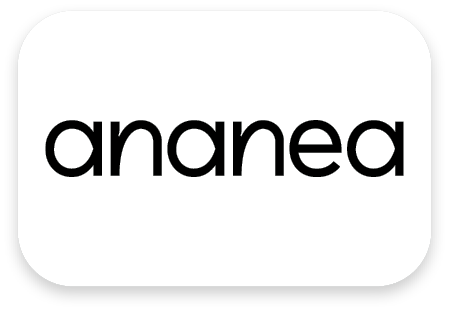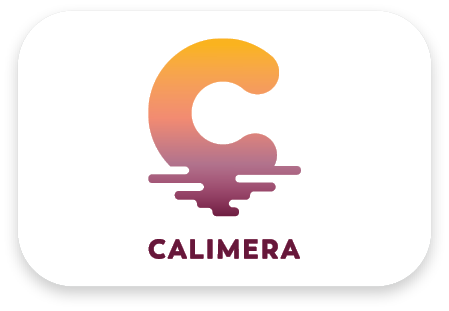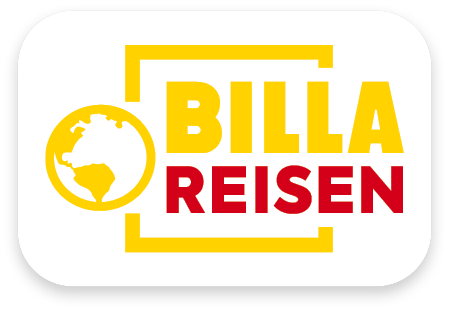Poseidon grass, also known as Neptune grass, is unique because it grows exclusively in the Mediterranean. Mediterranean residents affectionately call Neptune grass the "green lungs" or "rainforests" of the sea.
Where Posidonia grass grows, the water is turquoise and crystal-clear. It also provides a protective habitat for many animals. It not only produces oxygen but also serves as a nursery for many fish, among other things.
The largest and oldest deposit lies between the Balearic Islands of Ibiza and Formentera. The "underwater meadow" is 8 km long and over 100.000 years old. UNESCO declared it a World Heritage Site in 1999.
Pollution, shipping, and global warming are putting the Neptune grass at risk. If it dies, the ecosystem will be thrown out of balance.
Why isn't all the seaweed removed from the beaches?
The posidonia grass is left on the beach, where shed fragments form mounds. These remnants soften the waves and ensure the beach remains intact.
The washed-up seaweed is deliberately deposited on beaches to stabilize the sand. Environmental organizations are calling for a general ban on the removal of Posidonia from Mediterranean beaches. They emphasize that the deposits are a natural process that contributes to coastal protection and biodiversity.
Please don't think it's algae. It's Poseidon grass, which keeps your beach alive.

